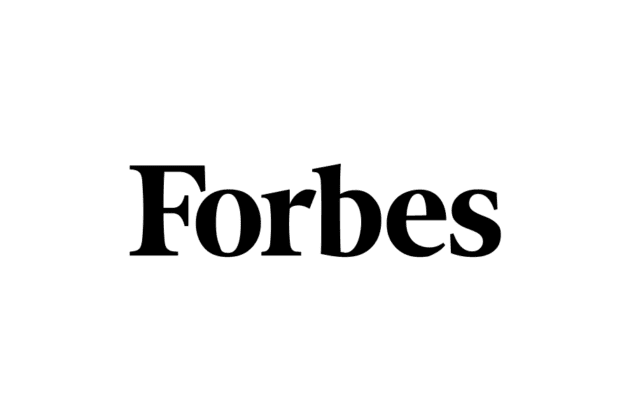Jeff Moses, CEO of WorkForce Software, talks with Fast Company readers about how the future of work is increasingly personalised, with employees demanding tailored experiences that match their individual needs, preferences and life circumstances. This shift towards personalisation is crucial for business performance, as it leads to increased employee engagement, satisfaction and retention.
He underscores that technology plays a vital role in enabling personalisation at scale, with data analytics, AI-powered platforms and advanced workforce management systems allowing companies to offer customised benefits, learning opportunities and flexible rostering and work arrangements. Implementing personalisation strategies requires a thoughtful approach, balancing flexibility with predictability and ensuring equitable access across all levels of the organisation. Companies that successfully embrace personalisation whilst maintaining a human-centred approach will be better positioned to thrive in the evolving labour market.
Moses added, “Rostering flexibility is just one example of how employers can (and should) personalise the experience for their workforce. Our annual report shows that 85% of employees want flexibility in their rostering, up 25 percentage points from two years ago.”
“Personalisation in the workplace goes beyond employee satisfaction—it’s a critical factor in business performance. By tailoring work experiences, companies create environments where employees feel valued and supported, leading to increased engagement and improved retention.”
“The key is to use technology not as a replacement for human interaction but as a tool to facilitate more meaningful, personalised experiences for each employee. This approach allows companies to navigate the complex balance between employer requirements and employee desires, creating a work environment that is both efficient and responsive to individual needs.”



